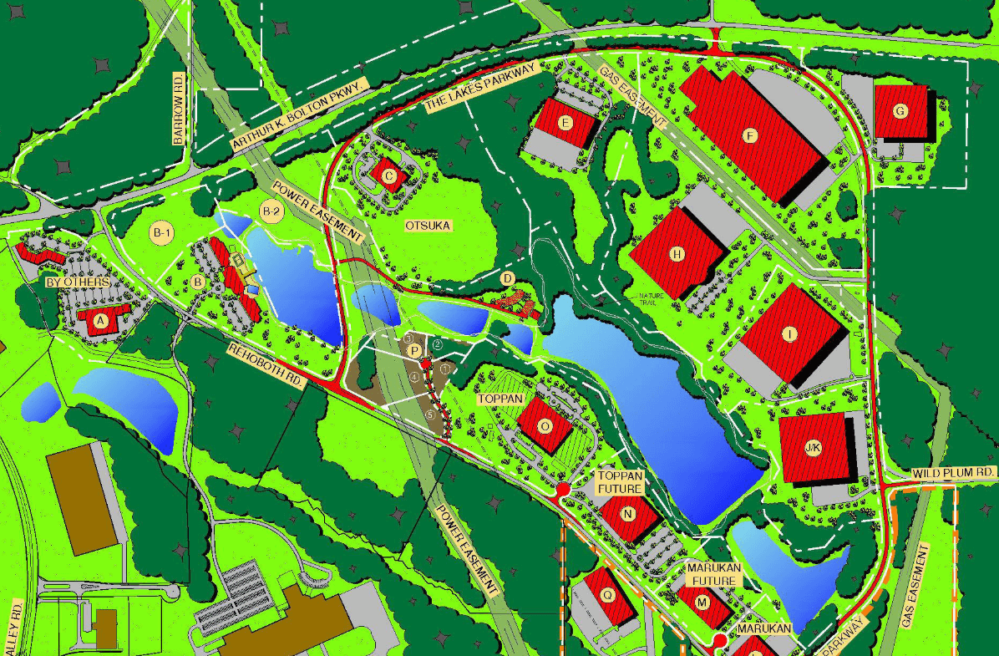Nanotechnology involves the understanding and manipulation of molecular-sized materials (with dimensions under 100 nanometers) to create new products and processes with novel features due to nanoscale properties. In recent years, governments and companies around the world have made major investments in nanotechnology R&D. Nanotechnology is expected to become a key driver of new technology-oriented business and economic growth. Nanotechnology-enabled products are already being marketed, and many more nanotechnology products, processes, and devices will be commercialized in future years. We believe that it is important to track, analyze and understand trajectories of nanotechnology research and innovation as a contribution both to policies related to nanotechnology’s economic deployment and to the evidence base upon which other societal and risks assessments can draw.
The Nanotechnology Research and Innovation Systems Assessment Group at Georgia Tech comprises faculty, researchers and students associated with the Program in Science, Technology and Innovation Policy (STIP) of the Georgia Tech School of Public Policy and the Georgia Tech Enterprise Innovation Institute. The Group constitutes one of the real-time technology assessment programs of the the Center for Nanotechnology in Society (CNS-ASU) sponsored by the National Science Foundation. CNS-ASU is a multi-organizational center, led by Arizona State University and involving several other US universities, including Georgia Tech.
Key Faculty and Senior Researchers
Philip Shapira, Georgia Tech School of Public Policy and Manchester Institute of Innovation Research
Jan Youtie, Georgia Tech Enterprise Innovation Institute
Alan Porter, Georgia Tech School of Public Policy and School of Industrial Systems and Engineering (Emeritus).
Juan Rogers, Georgia Tech School of Public Policy
Andrea Fernandez-Ribas, Georgia Tech Program in Science, Technology and Innovation Policy
Full listing of research group members and alumni








